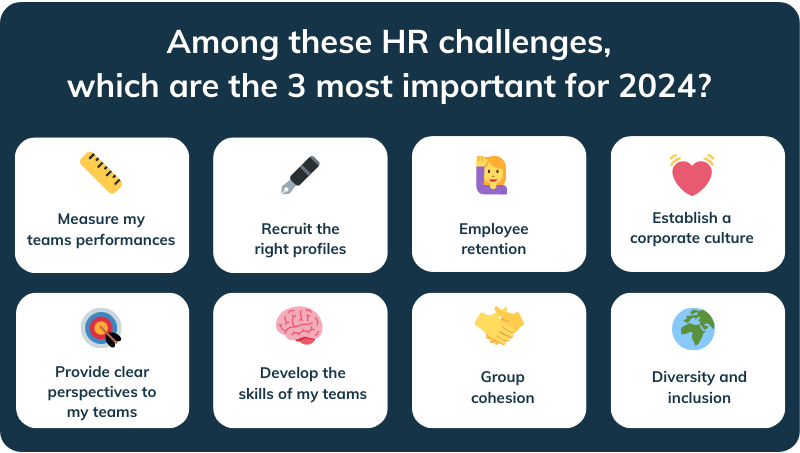
In 2024, diversity and inclusion are not just buzzwords but essential pillars of corporate culture, understanding the dos and don’ts of interview questions is crucial.
This article is designed to arm you with examples to open your mind to navigating these waters successfully, ensuring you can embrace today’s challenges while staying firmly within the bounds of legality.
While it’s human nature to hold unconscious biases, recognizing and setting aside personal preferences in favor of standardized, objective criteria is crucial for fairness and respect of legality.
Question #1: Family Planning or Pregnancy
Inappropriate Question: “Do you plan to have children?”
Appropriate Alternative: “Are there any current commitments that could affect your ability to meet the responsibilities of this job?”
Delving into someone’s plans for family can unintentionally discriminate based on gender or marital status. Focusing on present commitments related to job responsibilities keeps the conversation relevant and respectful.
Question #2: Place of Residence
Inappropriate Question: “Where do you live?”
Appropriate Alternative: “Will you be able to reliably commute to the workplace?”
Asking about a candidate’s living situation can subtly imply bias based on socio-economic status or ethnicity. A focus on the practicality of their commute respects their privacy while addressing a legitimate concern.
Question #3: Age
Inappropriate Question: “How old are you?”
Appropriate Alternative: “Are there any legal age requirements or restrictions for this role that we should be aware of?”
Age-related inquiries can lead to discrimination, intentionally or not. By concentrating on the legal requirements of the job, you ensure compliance without crossing into discriminatory territory.
Understanding the danger of the ego in interviewing
Another common danger in the interview process is the interviewer’s personal ego, often manifesting through a favorite question or unique interview tactic believed to unveil crucial insights about a candidate.
Many people take pride in these individualized approaches, convinced of their effectiveness. However, this pride can sometimes cloud judgment, letting ego drive the process.
Being mindful of this is key in transcending ego, ensuring that the process remains focused on the candidate’s abilities and fit for the role rather than the interviewer’s personal inclinations.
Conclusion? We must educate our teams on legal requirements.
As we conclude, it’s vital to remember the broad spectrum of discrimination criteria outlined by the EU, which includes race, ethnicity, gender, sexual orientation, age, religion, and disability, among others. Interviewers must diligently avoid any questions that could be construed as discriminatory based on these criteria. For those seeking to deepen their understanding and ensure compliance with these standards, several resources are available:
- EU Anti-Discrimination Directive: Provides comprehensive guidelines on what constitutes discrimination and how to avoid it.
- Belgian Government’s Official Directives on Employment Discrimination: Offers specific insights into local laws and regulations regarding fair hiring practices.
By adhering to these guidelines and leveraging available resources, interviewers can foster a more inclusive, diverse, and equitable workplace, aligning with both ethical standards and legal requirements.
Want to restructure your interview process? Contact us!
+32 471 26 10 16 / steve@archetype-eu.com

We’re curious: what are your HR priorities for this year? Recognizing the importance of having an external partner to challenge and guide your strategies, we offer our expertise to help translate your ambitions into concrete actions. Let’s discuss your plans over a virtual coffee on Zoom. We’re ready to listen, challenge, and assist. Book a 45-minute slot via the link, or reach out directly to +32 471 26 10 16 / Steve at steve@archetype-eu.com. Your vision for 2024 deserves the best support to make it a reality.








